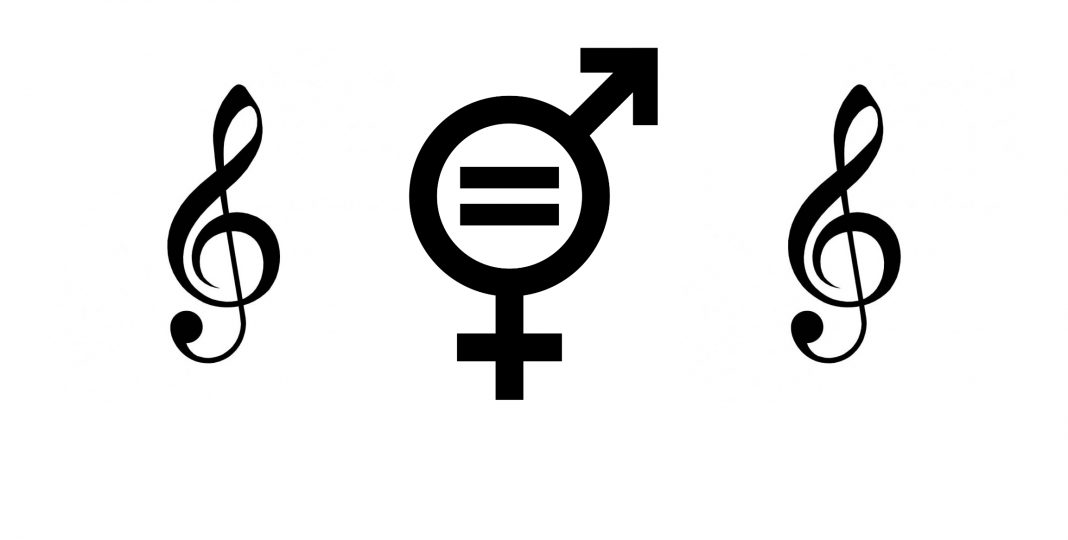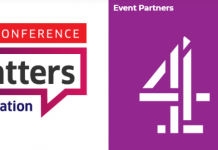By Katherine Stewart, Just a Grrrl
Despite the Beyonces, Taylor Swifts and Adeles of this world, there is a distinct difference between the ways in which the music industry treats its male and female professionals. In recent years the clamour about sexism in the industry has grown, with artists like Lilly Allen, Lady Gaga and – yes – Taylor Swift speaking out on the issue.
The statistics speak for themselves, here are some of the most sobering:
- Women make up 60% of interns, 59% of of entry-level business roles, yet only 30% of senior executive positions
- Only 16% of the UK’s registered songwriters and composers are women
- In its 25-year history the Mercury Prize has only been awarded to female artists on 8 occasions
- Roughly 15% of the Music Manager’s Forum’s membership is female
- A reported 22% of men in the music industry earn more than £29,000 per year in comparison to only 6% of women
- In 2010 47% of women in the music industry earn less than £10,000 per year, compared to 35% of men
- Only 6% of members of the Music Producer’s Guild (MPG) are women
This year just 14 women were included in Billboard’s Power 100 – making up just 9% of the 153 names. Only 7 of those women were not sharing their spot in the Power 100 with someone else. The female music industry network She Said So was so incensed that they drew up their own Power 100 list, comprising only of women.
Women working in certain genres struggle more than others. Whereas pop music has become associated with female sexuality (although not always in a positive, empowering way), rock music is still more strongly associated with male sexuality. The small cultural differences between the genres mean that women are expected to behave in very different ways – and will be subject to subtly different prejudices. (And that’s before we’ve even touched on the issues in rap music.)
Similarly, it can be much more difficult to work as a female record producer or live sound engineer than a female bass player or social media marketer. One sound engineer wrote in the Huffington Post: “We [women in the music industry] all felt marginalized, ignored, disregarded and disrespected in instances where, if the shoe were on the foot of a man with our credentials, it would never have happened”, whilst one woman working in A&R complains of having male peers promoted above her and her opinions ignored or ridiculed, to the point where she wanted to leave what had been a ‘dream job’.
In case you were in any doubt that this matters, a wealth of articles has been published in recent days declaring the appalling attack on Manchester Arena an attack on girls, women and female sexuality. Ariana Grande’s progressive politics – her outspoken, sex-positive feminism; her support for the LGBT community and for refugees –spilled into the lives of her young fans. In this case, they were punished brutally for their ‘decadence’; for daring to be young, female and carefree.
Tentatively, however, we would suggest that the terrible events in Manchester last week show the sheer power of music – its ability to influence the young lives it touches and to intimidate the proponents of misogynistic, regressive and extreme ideologies. The more ‘dangerous women’ we see in positions of power in the music industry and across popular culture, the more girls will be inspired to follow suit and eventually, through the power of pop culture, some measure of gender equality might just trickle down into everyday life. If that terrifies a few terrorists – well, all the better.
Katherine Stewart is the administrator of Just a Grrrl, a site dedicated to connecting women from across the music industry with each other and with the young women who wish to follow in their footsteps.









